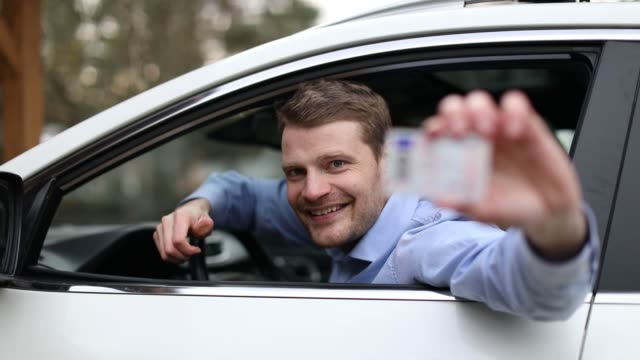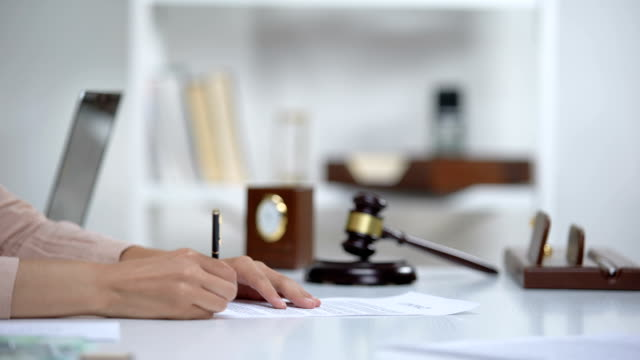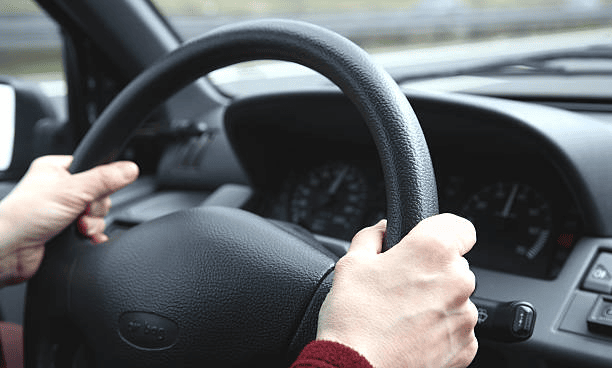Having a driver licence NSW is a privilege. With this privilege, comes a responsibility that you must fulfill. You become accountable for the consequences of your actions as a licenced driver in New South Wales (NSW). You will be liable for the damages that you may cause in the course of performing the privilege that you were given.
Thus, knowing and understanding the do’s and don’ts of having a driver licence NSW is a necessity for your safety and other road users’ as well. This article will show you what you should and shouldn’t do when you have a driver licence NSW.
Do’s of Having a Driver Licence NSW
- Practice regularly.
Practicing regularly after obtaining your new NSW driver licence is an absolute must. The more you practice as a learner driver, the more confident you’ll become behind the wheel. This is because frequent driving allows you to get comfortable with your car’s handling, braking, and acceleration, leading to smoother and more controlled maneuvers.
Moreover, repetition solidifies the skills you learned during lessons, making them automatic and instinctive in different situations. This includes gear changes, observation, hazard perception, and decision-making.
- Study the road rules diligently.
Learn and understand the NSW road rules and traffic signs. You must study and familiarise these rules because yours and other road users’ safety is at stake in the event that you cause an accident because you don’t know the rules.
This one is an indispensable rule when you have a new driver licence NSW because:
- Knowing the rules equips you to navigate the road legally and safely, minimising the risk of accidents for yourself and others.
- Understanding how various road users should behave allows you to anticipate actions and react accordingly, avoiding collisions and dangerous situations.
- Knowledge of the rules helps you steer clear of traffic violations, protecting your licence and finances.
- Renew your licence on time.
Driving with an expired licence is illegal. This carries significant penalties, including fines, demerit points, and even vehicle impoundment. It could also invalidate your insurance in case of an accident.
Moreover, renewing your licence ensures you retain the legal right to drive, allowing you to continue commuting, running errands, and enjoying the freedom of mobility.
- Drive defensively.
Always be aware of your surroundings and anticipate the actions of other drivers. All drivers, especially new ones, must practice and employ defensive driving. It goes beyond simply knowing the road rules and involves actively anticipating and avoiding potential hazards.
By anticipating problems and taking proactive measures, defensive driving drastically lowers your chances of being involved in an accident, protecting yourself, passengers, and others on the road.
Additional Do’s
- Obey all traffic laws – This includes speed limits, road signs, and traffic signals.
- Stay sober – Never drive under the influence of alcohol or drugs. Driving under the influence (DUI) is punishable by imprisonment in NSW.
- Wear your seatbelt – It’s the law and could save your life.

Don’ts of Having a Driver Licence NSW
- Driving and not carrying your driver licence NSW with you.
Driving in NSW without having your licence with you is not illegal, but it’s important to understand the implications and potential consequences. Section 300-5 of the Road Rules 2014 (NSW) states that a driver of a motor vehicle must not drive the vehicle unless the driver is carrying his or her driver licence.
The penalty for not carrying your learner or full licence while driving is a fine of AUD 2,200 (20 penalty units maximum). There are no demerit points attached to this offence. Just make sure that you have a digital copy of your licence. You can show the digital copy stored on your smartphone through the Service NSW app.
- Drive when tired, stressed, or unwell.
Fatigue, stress, and illness can slow down your reaction time, making it harder to respond quickly to unexpected situations on the road. Moreover, fatigue-related crashes are twice as likely to be fatal.
Drivers who accidentally fall asleep cannot brake immediately. Thus, fatigue affects your concentration and judgement, and decreases your reaction time. According to studies, being awake for around 17 hours is the same as driving with a blood alcohol concentration (BAC) of 0.05.
- Distract yourself while driving.
Common types of distraction are using mobile phone while driving, eating, grooming or adjusting personal items, and talking to passengers. Doing these will delay your response to hazards, increasing the risk of accidents.
More Don’ts to Consider
Your situational awareness will also be reduced. This is when you take your eyes off the road even for a brief moment as this can lead to missing important information about your surroundings.
The law imposes a fine of AUD 387 for illegal mobile phone usage or AUD 514 if detected in a school zone. There’s also a penalty of 5 demerit points which increases to 10 demerit points during double demerit periods.
- Other don’ts:
- Don’t overspeed. It’s one of the biggest factors in road accidents.
- Avoid tailgating and leave plenty of space between you and the car in front.
- Never drive through floodwaters because it’s extremely dangerous and can lead to drowning.
- Do not ignore road signs and traffic signals. They are there for a reason, to keep everyone safe.
Driver Licence NSW: Responsible Driving
Taking note of all the do’s and don’ts, having a driver licence NSW means that you have to employ responsible driving when operating a motor vehicle. Responsible driving means:
- Understanding the traffic laws and regulations about various licences like the learner licence or the fully licence
- Possessing strong driving skills and passing the driver knowledge test or driving test or hazard perception test
- Staying updated on changes on traffic rules and regulations.
- Maintaining focus and awareness to avoid unsafe driving behaviour
- Practicing defensive driving.
- Pass an eyesight test.
- Pay the licence and test fees, unless you’re eligible for a concession.
- Get a learner driver log book if you are a learner driver
- Take courses if you are a learner driver for driving practice purposes
- Acknowledging your mistakes and learning from them, prioritising safety over convenience or speed.
- Ensuring your vehicle is safe before using it.
- Continuing education by taking defensive driving courses or workshops to hone your skills and learn new techniques.
- Encouraging other learner drivers to adopt responsible driving habits through your example and conversations.

Facing a Traffic Charge? Get Back on the Road with a Trusted Traffic Lawyer.
Is a traffic violation threatening your driving privileges and causing stress? Call us today at JB Solicitors and connect with one of our experienced traffic lawyers who can help you take control of your situation and fight for your driving privileges.
Contact us today if you are a fully licenced driver or learner driver who need help with traffic law matters.
